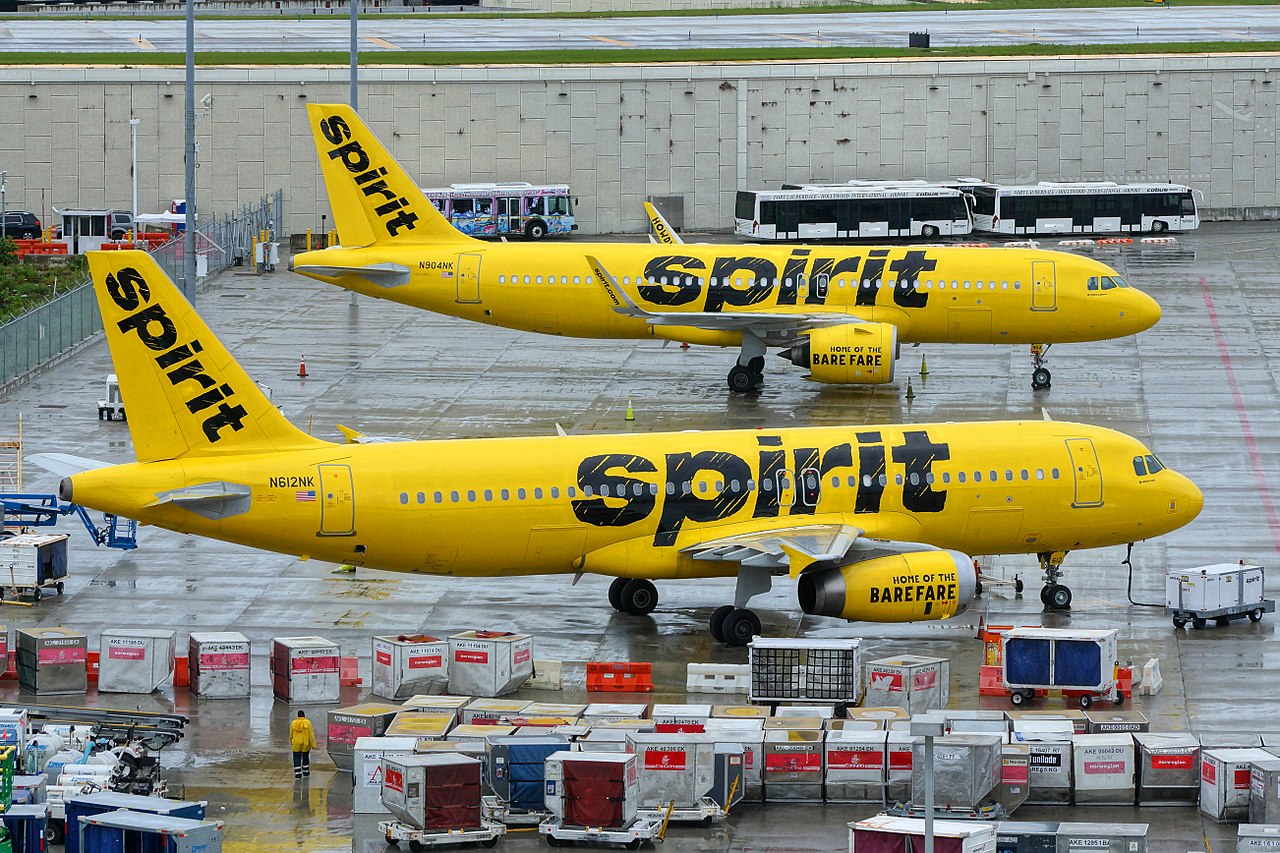Skift Take
Spirit’s leadership shakeup comes as the carrier is struggling to make a profit, and some analysts have previously said the ultra-low-cost carrier would need to either find a buyer or potentially file for bankruptcy.
Spirit’s chief financial officer is resigning from the carrier and taking up the CFO role at Hertz.
Scott Haralson will step down as Spirit’s CFO June 14, the company announced Monday. Brian McMenamy, a vice president and controller at Spirit, will serve as interim CFO.
Haralson’s departure comes as Spirit has been struggling to make a profit since the pandemic. A combination of factors ranging from a collapsed merger with JetBlue to issues with Pratt & Whitney engines have heavily impacted Spirit’s bottom line.
During a boom for premium and international travel, there has also been weak demand for Spirit’s no-frills product.
After a federal judge struck down the merger with JetBlue, some Wall Street analysts said the ultra-low-cost carrier would need to either find another buyer or potentially file for bankruptcy.
Spirit CEO Ted Christie has been highly critical of the industry as Spirit has faltered. During the company’s most recent earnings call, the CEO called the industry a “rigged game.”
Spirit also has around $1.1 billion in debt set to mature in 2025. To shore up its liquidity, the carrier has leased back some of its fleet, deferred the delivery of its Airbus jets, and furloughed hundreds of pilots.
The airline most recently dropped most change and cancellation fees, after its biggest competitor, Frontier Airlines, did the same. Spirit said the change was part of its new strategy to entice customers, but executives have so far not revealed much details on a new strategy.

